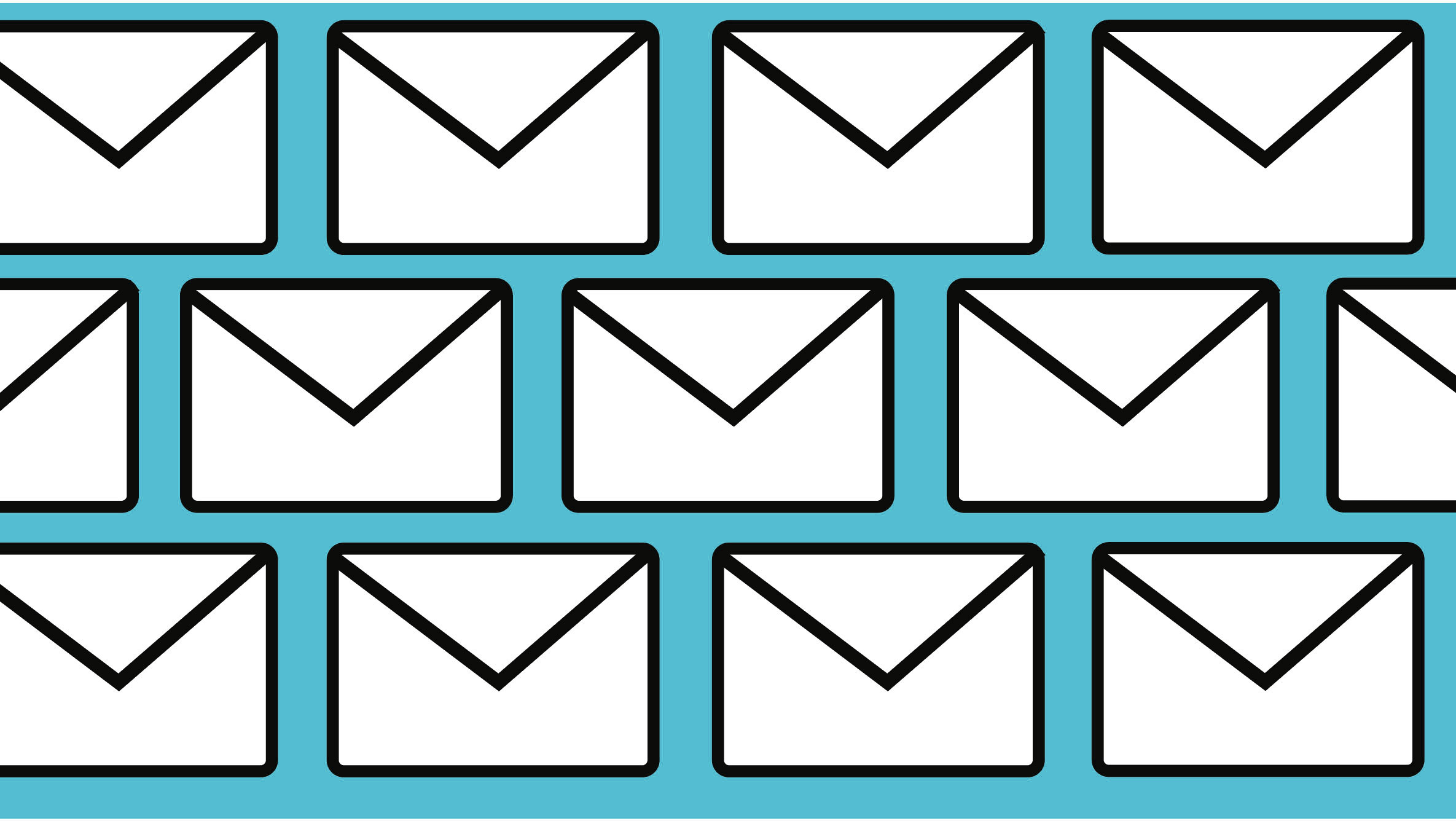What Should You Consider if You Plan to Negotiate By Email?
As technology evolves, we evolve with it. Lawyers who once would not ever communicate by email now regularly conduct their most important communications via email and text -often from a mobile device while away from the office tending to other matters. Similarly while we once handled important negotiations in person or on the telephone we now routinely hold these important exchanges via email. We might not even be working from our office and our computer. Instead we might read and respond to an important counter-offer on our phone or tablet while standing in line waiting for a sandwich.
We may not give much thought to the fact that our negotiation is now via email, but we should. Email communication is different from either telephone or face to face communication. The nature of the exchange carries advantages, but also disadvantages. If we consider carefully, we can make more strategic choices.
An obvious advantage of email negotiation is convenience. There is no need to schedule a face to face meeting or even a telephone call. There are no time zones or schedules to coordinate. Another advantage is that email creates a written record. A written record of the negotiation can help avoid differences of recollection as to the exchange of numbers and terms. As a mediator, I may be brought into a case after the parties have engaged in some preliminary direct negotiation. It is not remotely unusual for each side to have a different memory of the numbers and terms exchanged. Another advantage is the opportunity for reflection and consultation with clients and partners between offers and demands. This would be much more difficult when the negotiation is conducted in real time- in person or even on the telephone. Email can be an advantage when there is animosity between the parties. The use of the more carefully worded written exchange can be more neutral and as such better suited to avoiding negative counter-productive emotional triggers. As a result, email has become a popular choice for small simple matters as well as for large complex multi-party transactions and settlements.
However the quality and richness of communication via email is different from communication on the telephone, in person, or even by written letter. Email negotiators miss out on non-verbal and contextual information conveyed through tone of voice, inflection, facial expression, gesture, etc. We rely heavily on context and non-verbal information to interpret verbal messages and to understand whether the speaker is friendly and joking or serious and angry. The nature of email communication while permitting us to carefully shape our intended message, does not allow for natural pauses and interruptions. The natural speech pattern allows us to provide cues to the speaker that we agree, disagree, or require further clarification. And most importantly, these interruptions allow us to build understanding. Email negotiations are far less conducive to establishing rapport and trust—factors that are essential for information sharing, finding integrative solutions, and especially when negotiations are at their most difficult such as when impasse looms large.
Emails are asynchronous – information is not exchanged in real time. Unlike with a letter, people have expectations that an email or text is received and read as it is sent. This can lead to misunderstanding and misinterpretation. We tend to attribute motive to a delayed response when no motive exists. Another disadvantage is confidentiality and privacy. You never really know the full universe of people with whom your communication will be shared.
There are some techniques for managing email negotiations and for addressing the disadvantages:
- If you are negotiating with someone you have never met, consider establishing a personal relationship before you begin the back and forth by email. Studies have shown that even a simple phone and the identification of some commonality can help with subsequent email negotiations.
- Take care with each email. Take the time to read all the words and read them carefully before you respond so you do not misconstrue the intended message.
- Always consider whether there could be misinterpretation of tone or even of a delay in your own email. Consider whether your own email could be better written to avoid being misconstrued. This is often especially true of humor which although an important tool in building rapport and trust can often be misunderstood.
- In order to take the proper care, handle important communications from your office, not on the run from your mobile device.
- Never lose sight of the fact that each email may be forwarded and shared well beyond the intended recipient.
- Remember that although email is convenient and has advantages, there are times during the course of your negotiation when picking up the phone is the still the right choice.
Email negotiation is an important option and increasingly difficult to avoid entirely. It offers distinct advantages over other choices as long as negotiators make informed choices and as to when, where, and how they conduct their email negotiations.
If you would like to read more about negotiating by email, you may enjoy this article by Professor Noam Ebner of Creighton University: http://online.creighton.edu/sites/crt/files/CRT_negotiation-via-email.pdf

